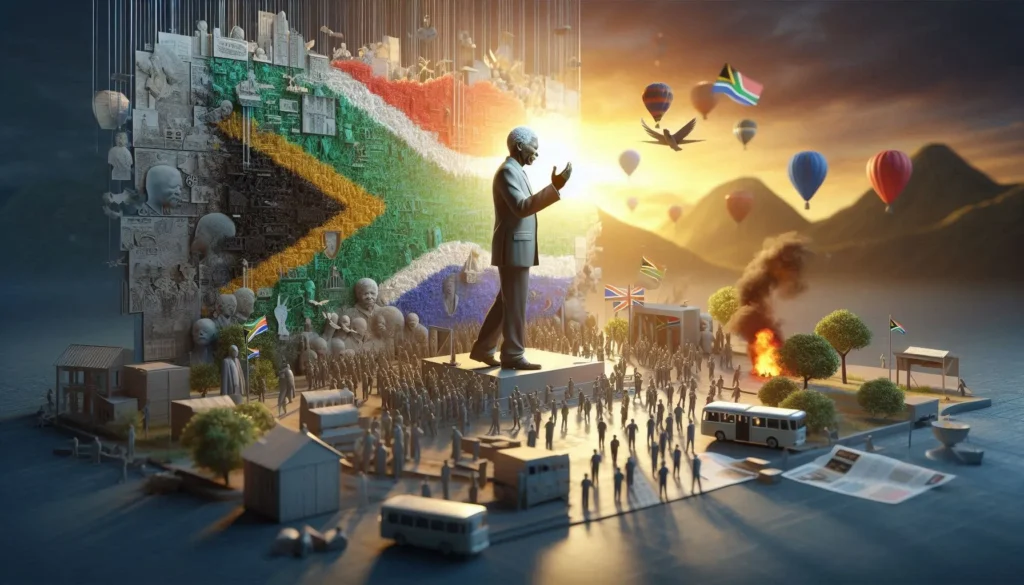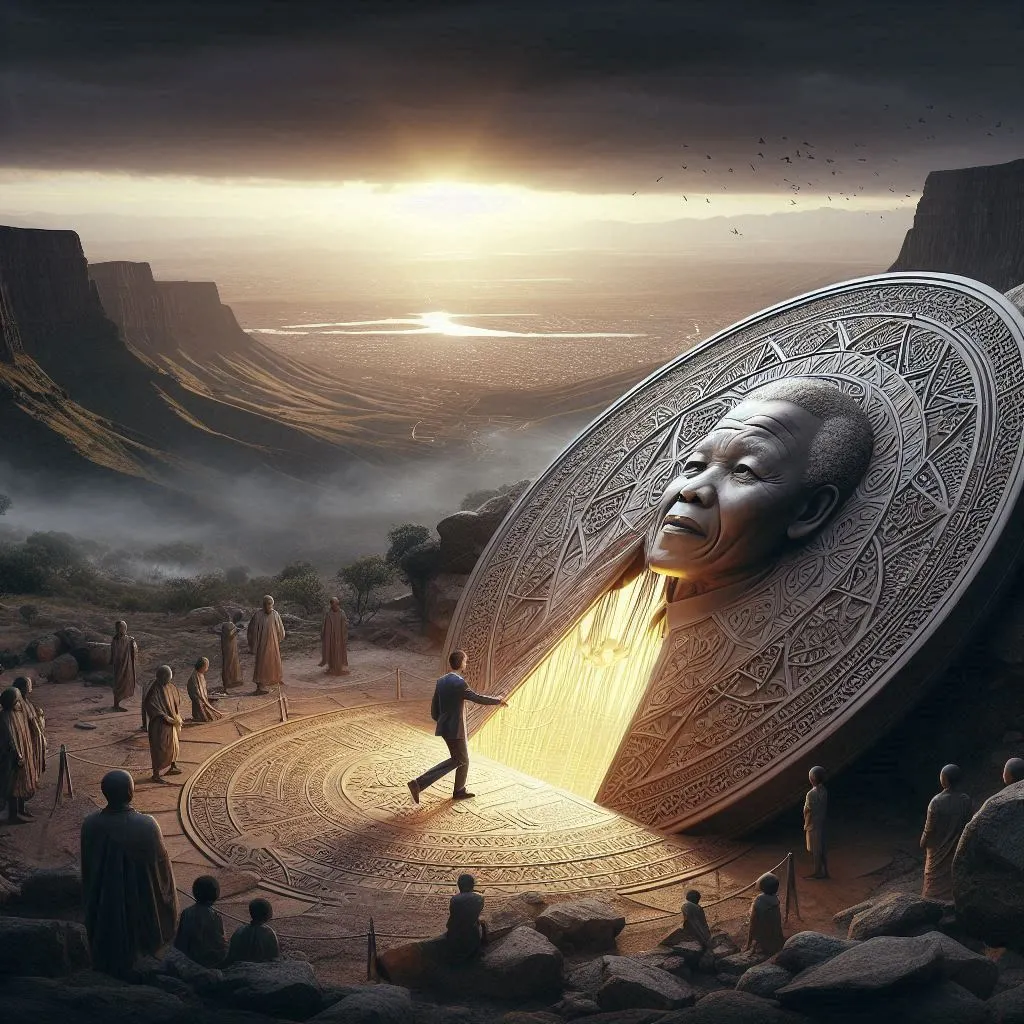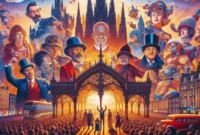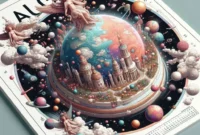
Reflecting on South Africa’s Journey towards Unity and Justice
The Resilient Spirit of Mandela Day and its Impact on South Africa’s Collective Memory
Nelson Mandela Day in South Africa stands as a testament to the nation’s tumultuous history, marked by resilience, transformation, and the pursuit of justice. However, beneath its celebrated surface lies a complex narrative of struggle, reconciliation, and ongoing challenges. As we commemorate Mandela Day, it’s crucial to delve into the shadows of its legacy, acknowledging both the triumphs and the enduring issues that shape the country today.
Exploring the Paradox of Mandela Day
Nelson Mandela Day, observed on July 18th annually, honors the legacy of South Africa’s iconic leader who dedicated his life to dismantling apartheid and fostering national unity. It is a day of reflection, service, and commitment to making a positive impact. Yet, amidst the celebrations and goodwill, Mandela Day also invites us to confront uncomfortable truths about South Africa’s past and present.
Mandela Day: A Journey through South Africa’s History
Nelson Mandela’s journey from activist to president symbolizes South Africa’s transition from apartheid to democracy. His 27-year imprisonment on Robben Island became a rallying cry for justice and equality, galvanizing global support and laying the foundation for a new era in South African history. Mandela’s release in 1990 marked a pivotal moment in the nation’s trajectory, paving the way for negotiations that led to the end of apartheid and the birth of a multiracial democracy.

The Legacy of Reconciliation and Healing
Central to Mandela’s legacy is his unwavering commitment to reconciliation. As South Africa’s first black president, he championed initiatives such as the Truth and Reconciliation Commission (TRC), which sought to heal the wounds of apartheid by allowing victims and perpetrators to confront the past openly. This process, although contentious and imperfect, exemplified Mandela’s belief in the power of forgiveness and dialogue to forge a united nation.
Challenges on the Road to Equality
Despite significant progress since the end of apartheid, South Africa continues to grapple with deep-rooted socio-economic disparities, political tensions, and persistent racial inequalities. Mandela Day serves as a poignant reminder of these ongoing challenges, prompting critical reflections on issues such as poverty, unemployment, and access to quality education and healthcare. The promise of a “Rainbow Nation” remains elusive for many, underscoring the complexities of nation-building in a post-apartheid society.
Celebrating Mandela Day
While Mandela Day inspires acts of kindness and community service across the globe, its true essence lies in its call to action. Beyond symbolic gestures, it encourages individuals to contribute meaningfully to their communities, advocate for social justice, and uphold Mandela’s values of integrity, compassion, and inclusivity. Whether through volunteering, education initiatives, or advocacy campaigns, Mandela Day empowers people to become agents of change in their own spheres of influence.
Embracing Mandela Day’s Dual Narrative
In conclusion, Mandela Day embodies both celebration and introspection—a day to honor Nelson Mandela’s extraordinary legacy while confronting the complexities of South Africa’s past and present. It challenges us to acknowledge the lingering effects of historical injustices and to redouble our efforts towards a more just and equitable society. As we commemorate Mandela Day each year, let us not only celebrate his achievements but also renew our commitment to building a future where all South Africans can thrive, united in their diversity.
Join the Movement
On this Mandela Day, let us pledge to uphold Mandela’s vision of a united and prosperous South Africa. Whether through acts of service, advocacy, or education, each of us has the power to make a difference. Together, let’s honor Mandela’s legacy not just in words but in meaningful actions that inspire positive change and contribute to a more inclusive world.
Read more: The Forgotten Sacrifices: How America’s Independence Day Became a Mere Celebration




1 comment